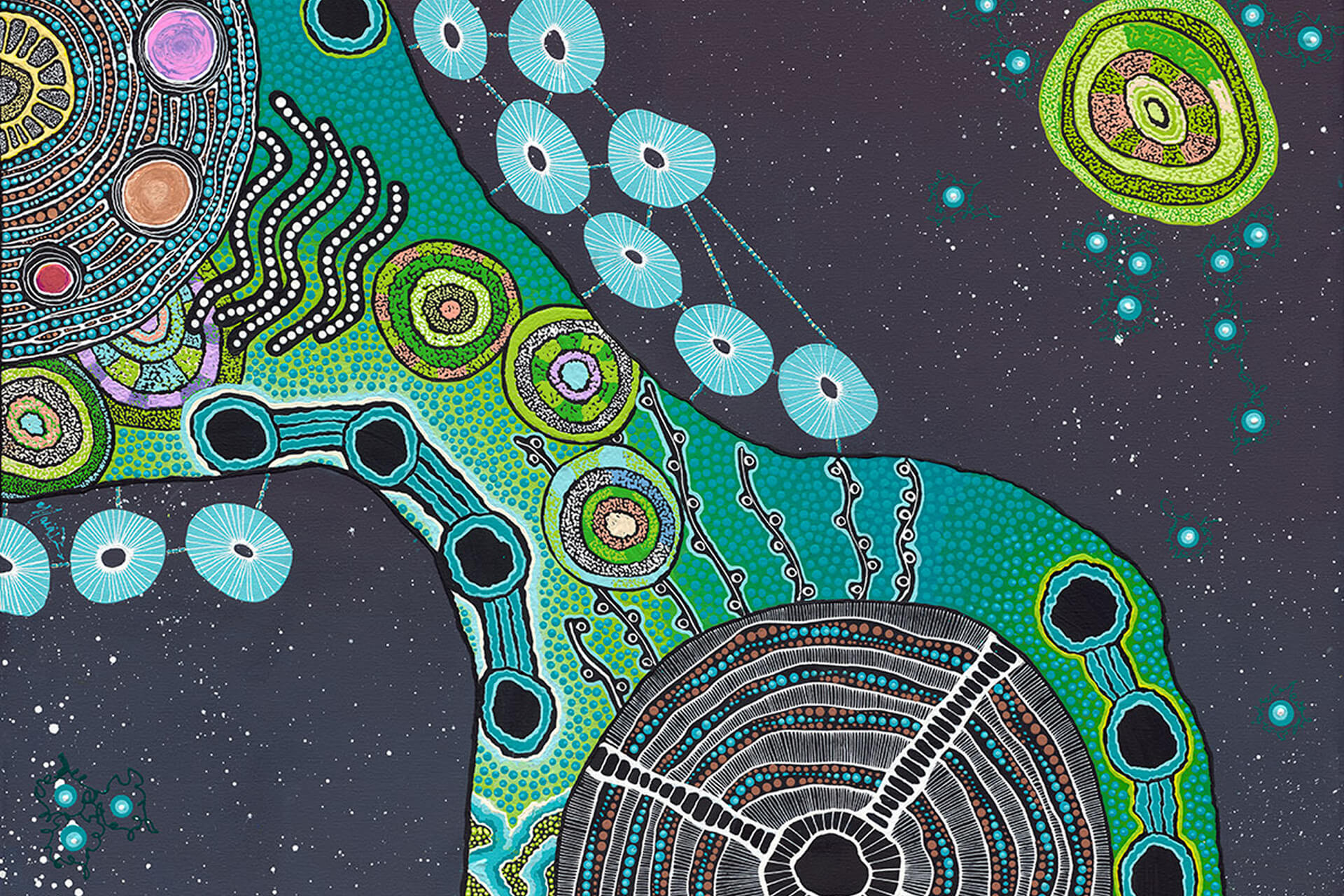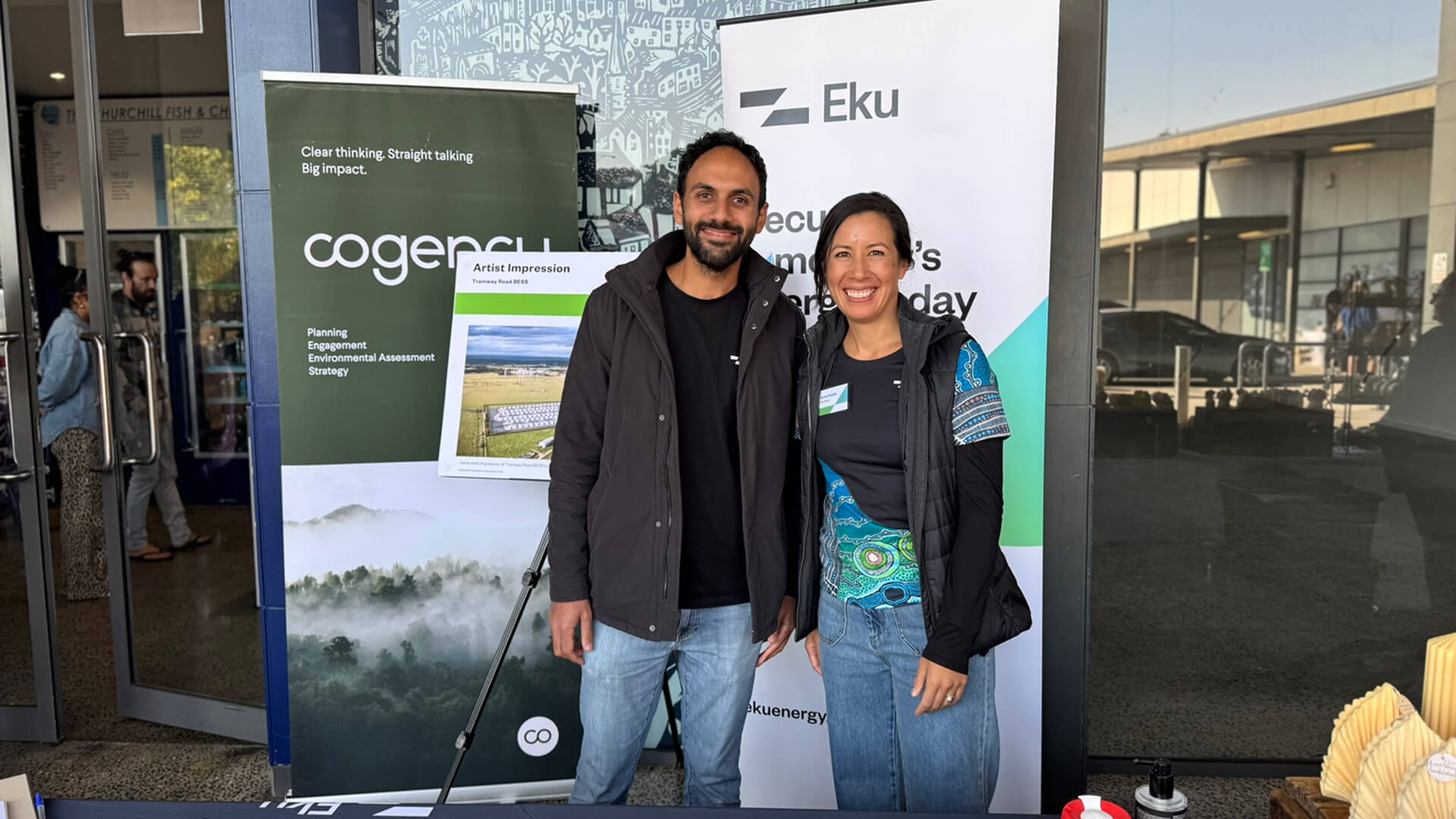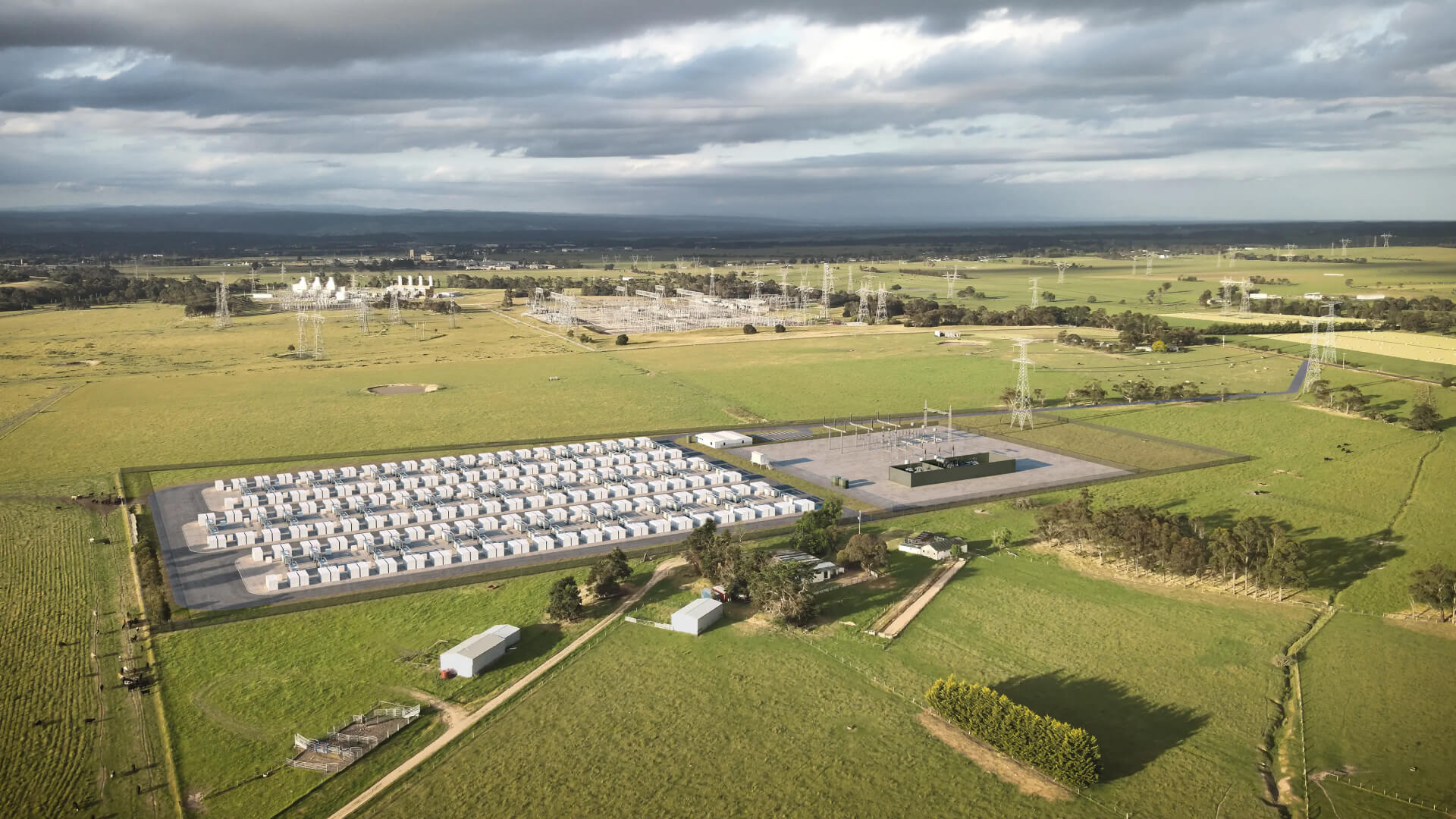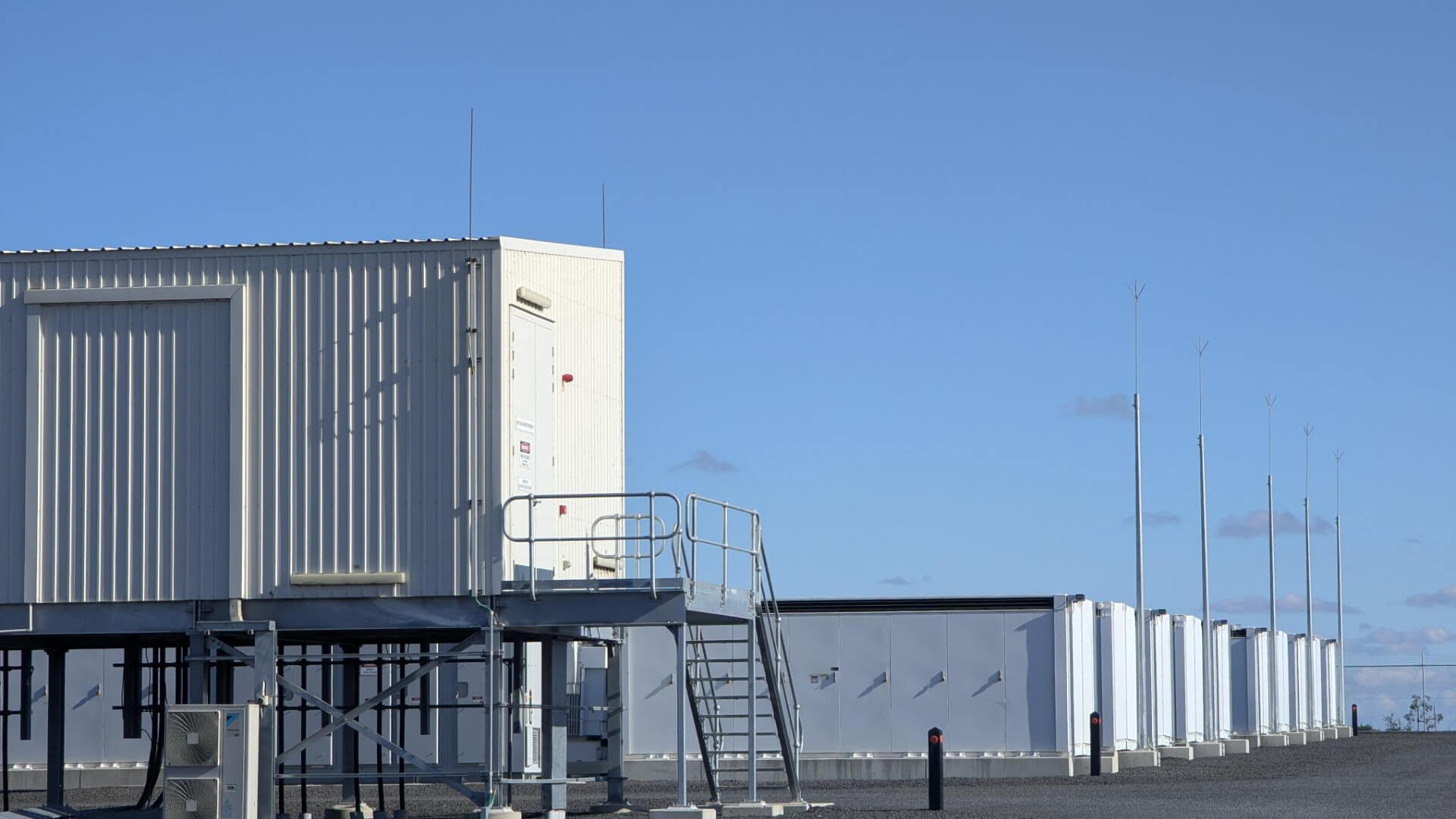Find out more about Battery Energy Storage Systems (BESS).

Our growing portfolio of Battery Energy Storage Systems (BESS) supports energy security across national electricity networks and helps accelerate the global energy transition.
Our commitment to communities
Through our Powering Big Dreams program, we partner with communities to create lasting benefits by funding initiatives that support education, social connectedness and environmental sustainability.
Stages of Project Development
It can take years for a BESS project to become operational. Here we explain the different stages and project milestones from early stage origination to eventual decommissioning.
We bring you information and insights on trends and interesting topics from across our fast-paced industry.
We focus exclusively on Battery Energy Storage Systems (BESS), leveraging our combined expertise to create world-class infrastructure investment products.
We strive to work with our partners for the long-term with teams and offices across all our core markets.
.jpg)
%20(1).jpg)
.jpg)




%20(2).jpg)


